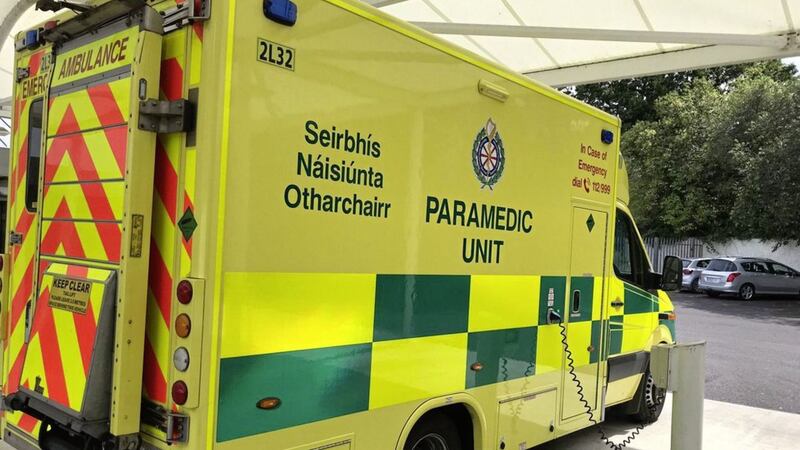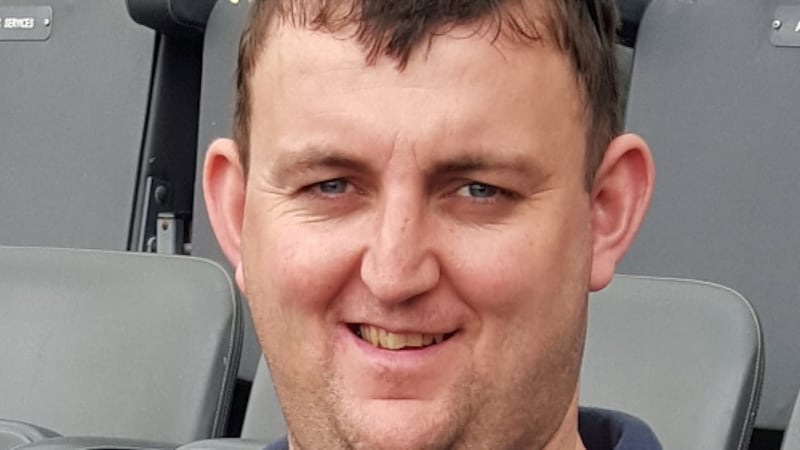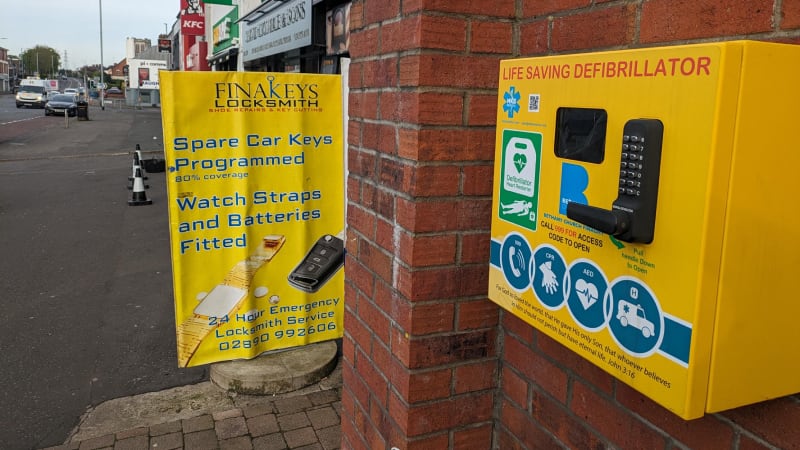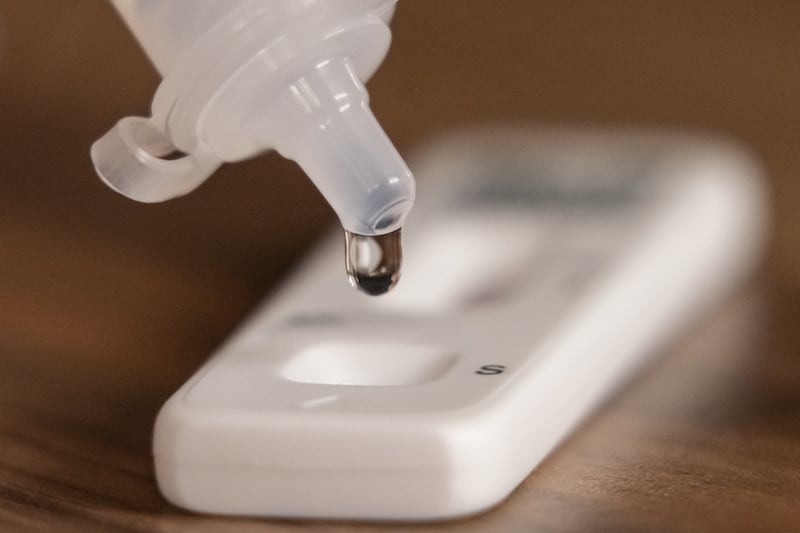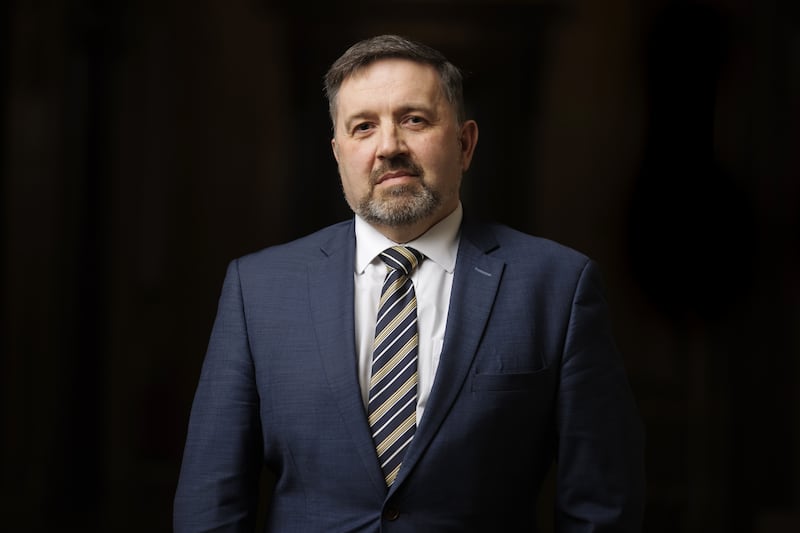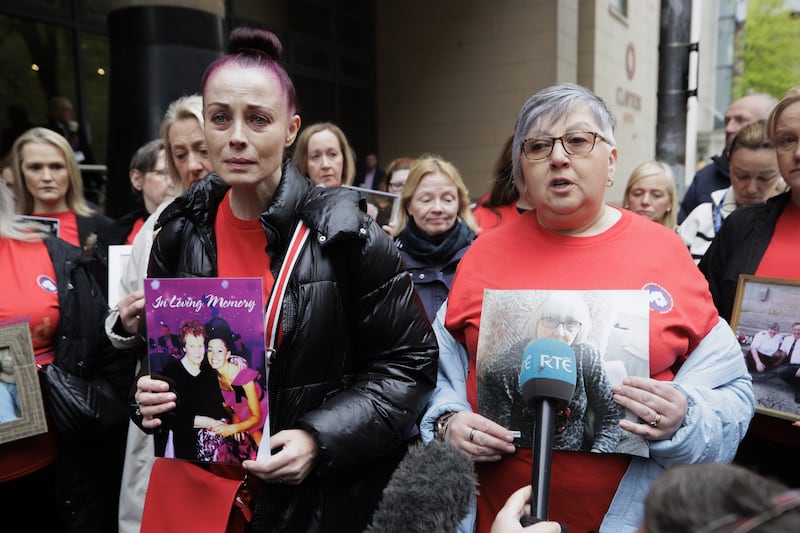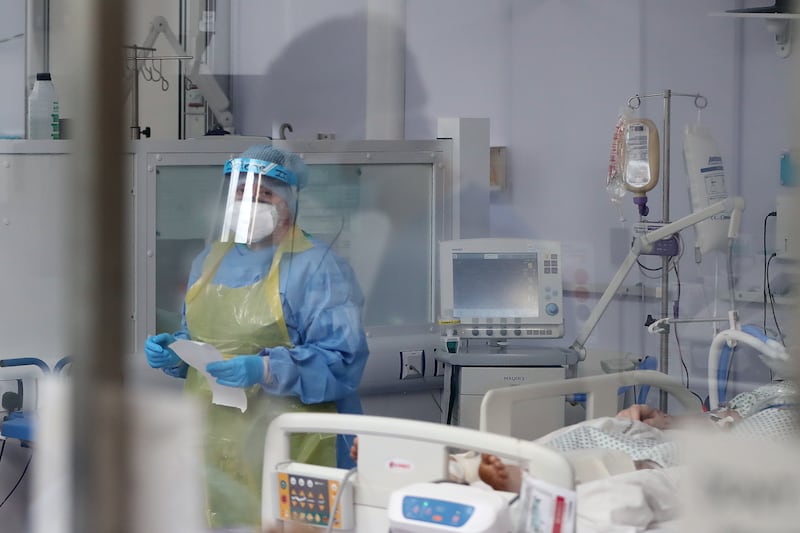THE REPUBLIC'S ambulance service will be working in the north this weekend as a spokesman for the Northern Ireland Ambulance Service (NIAS) conceded it was facing a "challenging time" due to Covid-19.
It's the second time in the past 12 months that the National Ambulance Service (NAS) has assisted its northern counterpart, whose service is also being supported by voluntary and private ambulances.
Reinforcements from south of the border were called-in as the latest figures from the Department of Health showed 656 new cases of coronavirus with 12 new deaths recorded, bringing the region's toll to 1,154.
There are 460 Covid-positive patients in hospitals, including 32 in intensive care units, with the hospital occupancy rate at 104 per cent.
In the Republic three Covid-19 deaths were reported today bringing to 2,143 the number of covid-related deaths.
There were 484 new confirmed cases of the infection bringing the total to 77,678. Of the latest cases 59 per cent are under 45 years of age, according to the Public Health Emergency Team.
NIAS chief executive Michael Bloomfield said it was "relatively unusual" to seek support from the Republic but the move reflected the pressure the service was under.
Earlier this week, accident and emergency departments across the north faced unprecedented pressure with queues of ambulances at hospitals and patients treated in car parks.
At Antrim Area Hospital on Tuesday evening 17 ambulances containing patients were lined up outside the emergency department.
Mr Bloomfield said his staff were "exceptionally busy".
He said there been support from NAS in 2019 during a particularly challenging time but that northern drivers also responded to calls in the Republic on a day-to-day basis.
"There is no doubt that Monday night and into Tuesday was probably one of the most difficult and challenging periods that we have had for quite some time, it has improved slightly over the last couple of days but still exceptionally busy right across the health and social care system," he told the BBC.
"There are many patients in every emergency department waiting for admission, that then results in delays in turning ambulances round at emergency departments and when an ambulance is waiting outside an emergency department to hand its patient over into the emergency department, it is not available to respond to calls so that does has an impact on our response times."
Mr Bloomfield said the NIAS receive between 600-700 emergency 999 calls every day, of which around 150 are Covid-related.
"It forms a significant portion of our calls but on top of that people are still taking seriously ill or involved in other emergencies for all of the normal course of events, so we're seeing the full range of reasons for responding to calls but Covid forms a significant part of them," he said.
